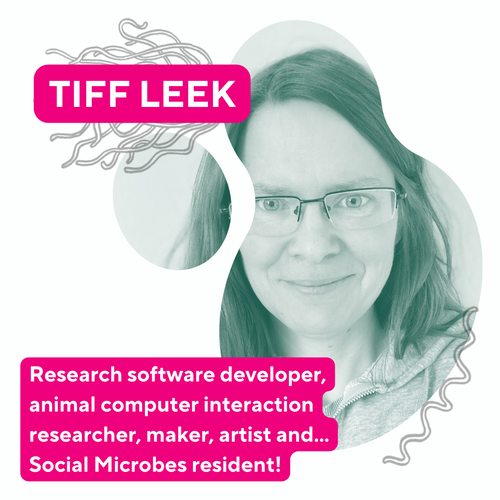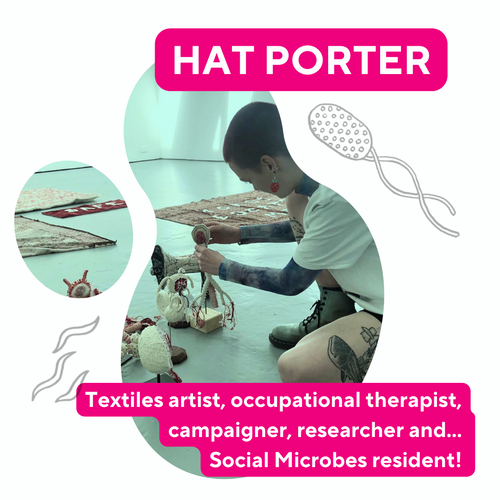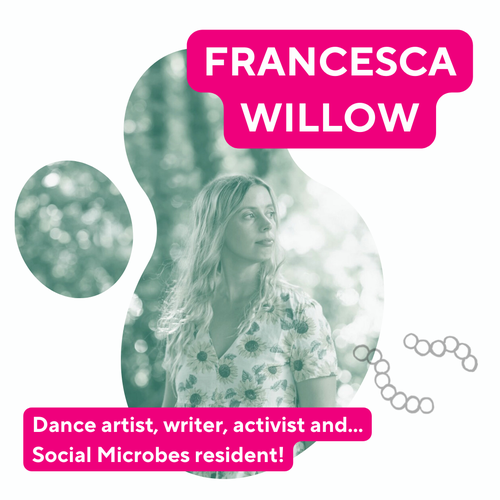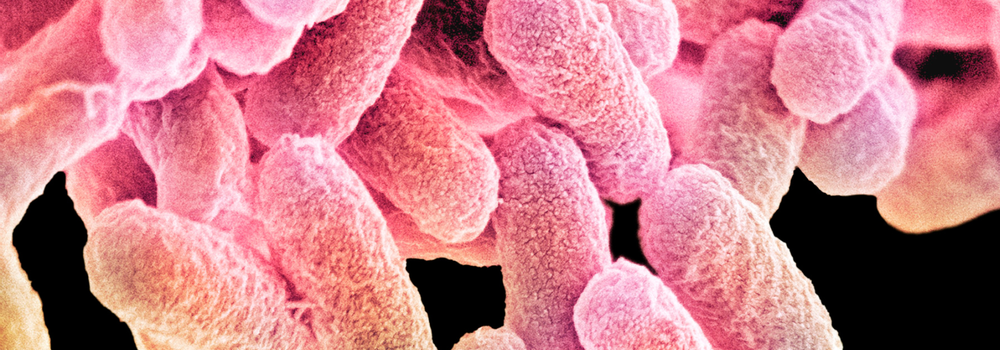We're very happy to announce our three selected Social Microbes residents!
The Social Microbes residencies are supported by Then Try This and Dr. Elze Hesse, with each resident based at a different collaborating host organisation in Cornwall. The host organisations are all very different to each other, and include Wheal Martyn - a museum based within two Victorian china clay works, Soul Farm - a food-justice orientated market garden farm, and Fish Factory - a community arts venue.
We had all sorts of fabulous applicants, including ceramicists, spoken word poets, healthcare workers, designers, chefs, a psychotherapist, dancers, biologists, farmers, a jeweller, engineers, musicians, and many boundary defiers. The ones that really stood out interrogated the scientific research approach in some way, questioned its role in society, had the potential to alter the direction of research in future, and involved audiences/participants that are typically excluded. We're looking forward to learning from, and hopefully being challenged by, our wonderful three residents:
TIFF LEEK (she/her) - working with host organisation Wheal Martyn

Tiff Leek is a research software developer and animal computer interaction researcher at the Open University, maker and artist. Inspired by Dr Elze Hesse’s work on Social Microbes, this residency will be an exploration of local microbial life in the form of workshops, imagery, and a raku fired accessible ceramic relief wall mural. The mural will be of microbes and microbe colonies at various magnifications, and the landscape local to Wheal Martyn, showing the microbes that live in the soil in the local mining landscape, and providing information on how they work together. As well as a visual treat, this will provide a tactile picture for the vision impaired and a rubbing surface to allow visitors to make composite pictures of the various elements. You can find Tiff on Mastodon, Instagram and Twitter.
HAT PORTER (they/them) - working with host organisation the Fish Factory

Hat is a textiles artist, occupational therapist, campaigner, and researcher from Bristol. Their work is inspired by the human body and using art to communicate stories of disability, distress and healing. This residency will consider ‘social microbes’ in relation to research considering gut microbiomes and their influence on ‘development’ of autism. Despite autistic people continuously expressing a desire for autism research to focus on improving wellbeing and addressing the inequalities and harms autistic people experience, [non-autistic] research agendas continue to focus on locating a cause and by association identifying a ‘cure’ for autism. This residency will explore participatory art and creative research methods to explore the experiences and research priorities of autistic people in Cornwall. You can find Hat on Instagram.
FRANCESCA WILLOW (she/her) - working with host organisation Soul Farm

Francesca Willow is a dance artist, writer and activist based in Cornwall. Her work aims to take a holistic approach to climate justice, culture, and regenerative futures. As a campaigner she focuses on removing the fossil fuel industry from arts and culture spaces, as a creative she is interested in connections between land and culture, and embracing different ways of interacting with the natural world. The overall aim of this residency with Soul Farm will be to increase participants' experience of ‘nature relatedness’: the idea that the more we understand nature as a web we’re part of, rather than something outside of us, the better our mental well-being and the more likely we are to adopt eco-conscious behaviours. You can find Francesca on Instagram and Twitter.
The residencies will take place at different times over the next 6 months, and we'll post updates as the projects develop.
The Social Microbes residencies are funded as part of Dr. Elze Hesse's UKRI Future Leaders Fellowship.

